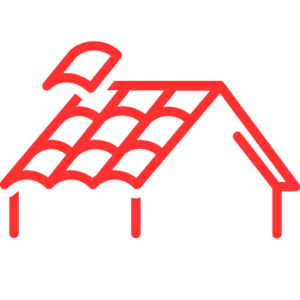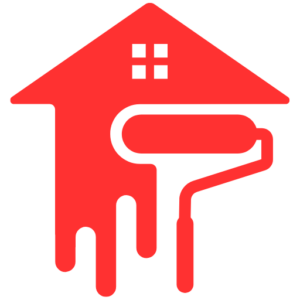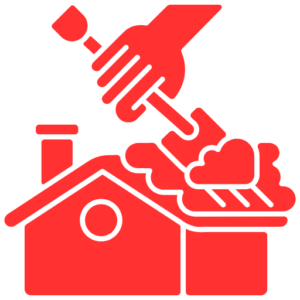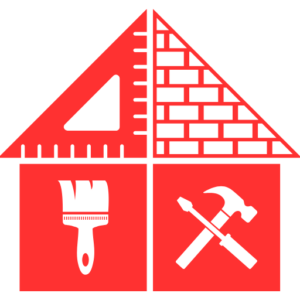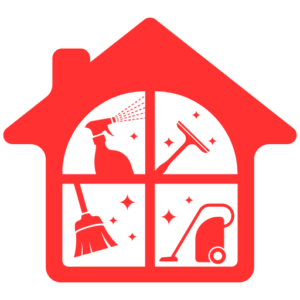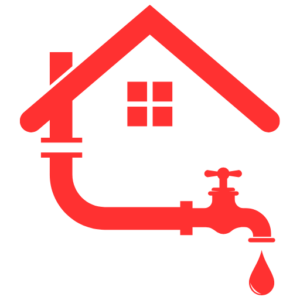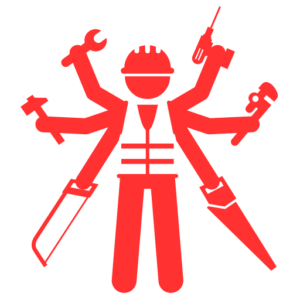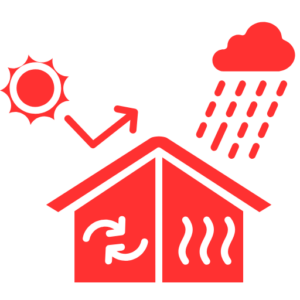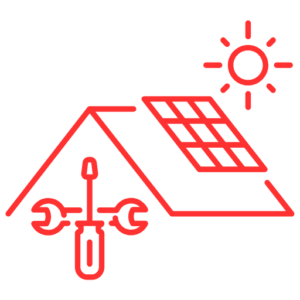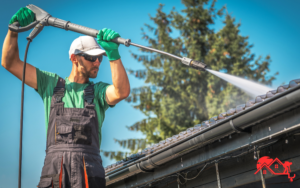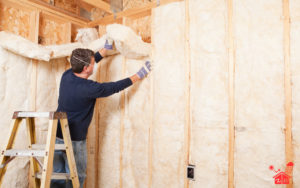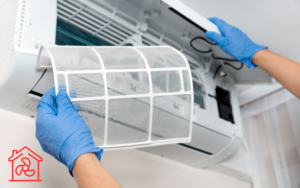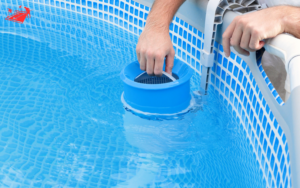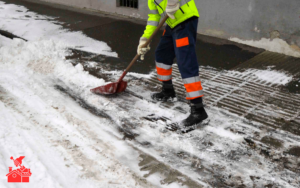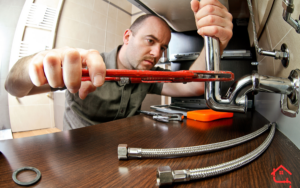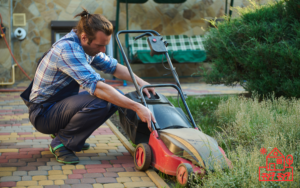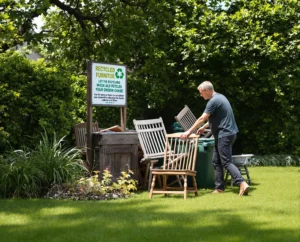Flower & Garden Bed Maintenance: Tips for a Beautiful Yard
Welcome to my guide on flower and garden bed maintenance! If you’re like me, you cherish the beauty of a well-kept yard, and nurturing your gardens is both a hobby and a joy. Let’s explore the best practices to achieve stunning flower beds and maintain that vibrant look all year round.
Understanding My Flower Bed Needs
Maintaining my flower beds involves understanding their specific needs. Each plant has its own requirements for sunlight, water, and nutrients, which I must cater to if I want them to flourish.
Selecting the Right Plants
Choosing plants that thrive in my climate and soil types can make all the difference. Native plants often require less care and are more resilient.
- Consider drought-resistant varieties.
- Look for plants that attract pollinators.
Soil Composition
Healthy soil is the foundation of my flower beds. I should regularly test my soil to ensure it has the right pH level and nutrients.
Regular Watering Techniques
Watering is critical to the health of my garden beds. I should adopt a routine that meets the needs of my plants without over-saturating the soil.
Best Times to Water
Watering in the early morning or late afternoon helps reduce evaporation and gives my plants the hydration they need.
- Avoid mid-day watering.
- Use soaker hoses or drip irrigation for efficiency.
Mulching for Healthier Roots
Applying mulch not only looks appealing but also protects my plants and improves soil quality. It helps retain moisture, suppress weeds, and regulate soil temperature.
Different Types of Mulch
I have several options when it comes to mulch, each with its benefits.
- Organic mulches like bark or straw improve the soil as they decompose.
- Synthetic mulches can last longer and require less frequent replacement.
Fertilization Basics
To ensure my plants receive the right nutrients, regular fertilization is key. I should select a fertilizer based on the specific needs of my plants.
Understanding Fertilizer Types
Knowing the difference between slow-release and quick-release fertilizers helps me choose the best option for my garden.
- Quick-release fertilizers are effective for immediate nutrient needs.
- Slow-release fertilizers provide nutrients over a longer period.
Weed Control Strategies
Weeds can quickly take over my flower beds if not managed properly. I should regularly check for weeds and have a plan for removal.
Manual vs. Chemical Removal
For a more organic approach, I prefer manual weed removal, but I keep chemical weed control options on hand if necessary.
- Hand-pulling weeds before they set seed is highly effective.
- Using organic herbicides can minimize chemical exposure.
Seasonal Maintenance Habits
Just like I change my wardrobe with the seasons, my garden beds have different needs throughout the year.
Spring Awakening
Spring is the perfect time for me to clean out debris and prepare my beds for new growth.
- Remove dead plant material.
- Add fresh mulch and fertilizer.
Autumn Preparation
Before winter, I should prepare my beds to protect them from harsh weather conditions.
- Cut back perennials and clean up fallen leaves.
- Cover beds with mulch to insulate roots.
Pest Management Tips
Keeping pests at bay is essential for a thriving garden. I should routinely inspect my plants for signs of trouble.
Natural Pest Control Methods
I prefer using natural solutions to manage common pests in my flower beds.
- Introduce beneficial insects like ladybugs.
- Use neem oil as a natural pesticide.
The Importance of Pruning
Pruning is a crucial part of maintaining my flower beds, ensuring plants remain healthy and encourage new growth.
How and When to Prune
Knowing the right time and technique can enhance my garden’s appearance.
- Prune dead or diseased branches first.
- Late winter or early spring is ideal for many flowering plants.
DIY vs. Professional Services
While I enjoy maintaining my garden beds, sometimes it’s best to call in the experts. Hiring professionals can save time and ensure that my plants get the best care.
- Professionals have the skills to handle complex maintenance.
- They can advise on landscape and plant selection.
Testimonials
“I didn’t have time to maintain my garden, but after hiring professionals, my flower beds have never looked better!” — Sarah L., Lincoln, NE
“Thanks to their expert advice, my flowers bloom like never before! The service was worth every penny.” — Mark T., Lincoln, NE
“I’m not great with plants, but the team made it easy! My garden is now a neighborhood highlight.” — Linda B., Lincoln, NE
Did You Know?
Did you know that adding earthworms to my soil can significantly enhance its fertility and structure? These little helpers break down organic materials, improving the overall health of my garden.
TL;DR Summary
- Choose the right plants and understand their needs.
- Regular watering and mulching are essential for healthy flower beds.
- Seasonal maintenance keeps my garden thriving year-round.
- Don't hesitate to hire professionals for expert care.
FAQs
1. How often should I water my flower beds?
I should water my flower beds deeply but less frequently, usually 1-2 times a week, depending on the weather. Consistency is key to ensuring my plants thrive.
2. What type of mulch is best for my garden?
Organic mulches like shredded bark or straw are excellent choices as they improve soil health over time. I should choose based on the aesthetics and needs of my plants.
3. When is the best time to fertilize my flowers?
I should fertilize in the spring as new growth begins and again in mid-summer for established plants. Timing helps maximize nutrient uptake.
4. How can I naturally control pests in my flower beds?
I can introduce beneficial insects like ladybugs and use organic solutions such as neem oil. These methods are eco-friendly and effective in keeping pests at bay.
5. Should I hire professionals for garden bed maintenance?
If I find it challenging to keep up with care or have complex plant needs, hiring professionals can ensure my garden thrives. Their expertise often saves time and effort while delivering excellent results.



